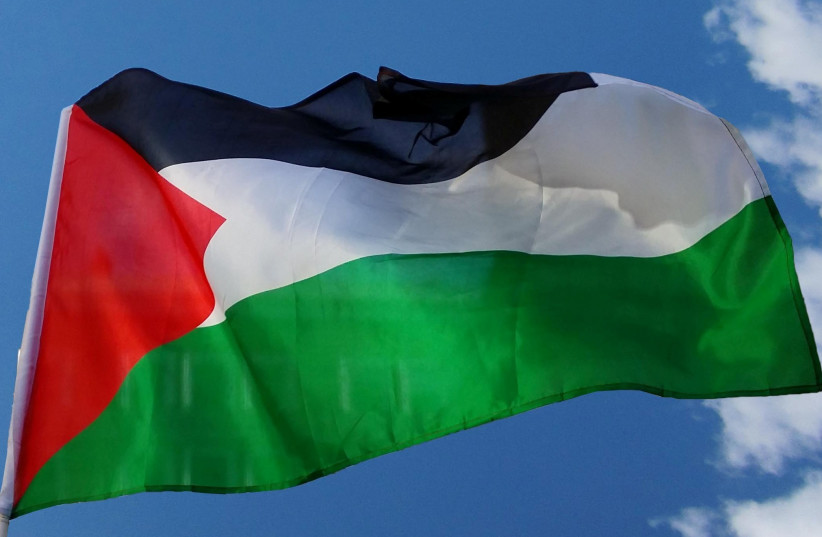The Slovenian government on Thursday initiated the procedure for the recognition of a Palestinian state as a form of leverage to end the conflict in Gaza, a move it announced in March, Prime Minister Robert Golob said.
"The horrors we see every day in Gaza are inadmissible and must stop," Golob was quoted as saying on the government X platform. "I call on Israel to put an immediate end to its attacks on Gaza and to use the negotiating table."
Golob said he would like his country's recognition to be "an incentive for these negotiations to proceed more quickly" and speed up the dialog in the United Nations on an immediate ceasefire, the release of hostages, and the security and existence of Israel through a two-state solution.
Background behind the announcement
The announcement came as Ireland, Spain, and several other European Union member states are reportedly considering recognizing a Palestinian state on May 21, according to a report by Ireland's national broadcaster.
The date of Slovenia's recognition will depend on the success of the progress in peace talks, with June 13 at the latest, Golob said. If progress is accelerated, Slovenia will complete the recognition procedure faster.

He said the decision to initiate the recognition procedures contained expectations for all those involved in the conflict - the progress in peace talks, the release of hostages, and the reform of the Palestinian Authority.
The ruling coalition agreed unanimously on this decision, Golob said, expressing hope that the recognition would inspire other countries to follow in Slovenia´s steps.
Spain, Ireland, Malta, and Slovenia said in March they had agreed to take the first steps towards recognizing a Palestinian state. The countries reportedly have been waiting for a vote by the United Nations General Assembly on May 10, which could lead to the recognition of the Palestinians as qualified for full UN membership.
Since 1988, some 140 193 UN member states have recognized Palestinian statehood.
Israel has said that the four countries' plan constituted a "prize for terrorism" that would reduce the chances of a negotiated resolution to the Gaza conflict.
